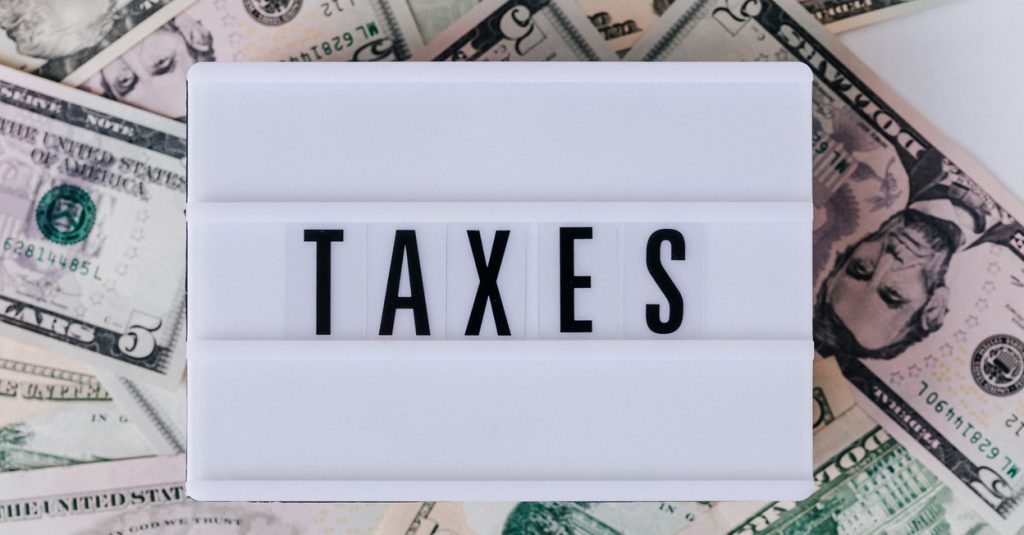When it comes to maximizing tax saving for parent and other taxpayers with dependents, the Internal Revenue Service (IRS) provides various deductions and credits. Here are six essential tips for filing your taxes to ensure you benefit from these tax opportunities for any tax saving parent.
1. Accurate Social Security Numbers (SSN).
Having accurate Social Security Numbers (SSN) for all your dependents is crucial. In the past, it was possible to forego having an SSN for young children, but times have changed. Presently, if a dependent lacks an SSN or any other tax identification number, you are unable to claim deductions or other tax advantages on their behalf without any leeway.
Should you attempt to do so, you may face a penalty. It is important to verify that the SSN provided on your tax return is accurate and that the name listed exactly matches what is on your child or dependent’s Social Security card.
2. Utilize the Earned Income Tax Credit (EITC).
Make sure not to overlook the significance of the Earned Income Tax Credit (EITC). This tax benefit is highly advantageous, yet frequently goes unnoticed. Surprisingly, the eligibility criteria for this credit are more accessible than anticipated.
In the scenario where you are the tax saving parent of a single child and are submitting a joint tax return for the year 2022, you and your partner have the opportunity to earn a combined income of $49,622 and remain eligible for tax credits.
For families with three or more children, the maximum income allowed is $59,187. Conversely, for childless couples, the income threshold for claiming the EITC is set at $22,610. The amount of EITC benefits you receive is heavily influenced by the number of dependents you can claim, so be sure to consider each individual’s eligibility.
One frequently overlooked opportunity arises when individuals mistakenly believe that only the tax saving parent who asserts the dependency exemption is eligible to receive the Earned Income Tax Credit (EITC) for the qualifying child. In reality, the parent with whom the child resides is the sole individual eligible to claim the child for this tax credit. It is plausible for one parent to claim the child as a dependent, while the custodial parent claims the child for the EITC.
3. Childcare Expenses Tax Credit.
In the event that you hire a caregiver for your child while you are employed or actively seeking employment, and your annual income falls below $15,000, you could be eligible for a tax credit of up to 35 percent on the initial $3,000 spent on childcare.
As income increases by $2,000, the percentage decreases by 1 until it reaches 20 percent for amounts equal to or exceeding $43,000.
To claim this tax benefit, it is essential to provide the Social Security number or tax identification number of the recipient of the payments made. It is advisable to avoid making clandestine payments to childcare providers for this reason.
When requesting receipts and essential information for claiming tax benefits, make sure to communicate clearly with the provider. In case they are unable to provide the necessary details, demonstrate the efforts you made in trying to obtain the required documentation.
This tax credit is accessible to you until your child turns 13 years old. In cases where your child or dependent requires assistance with self-care due to physical or mental limitations while you are working or seeking employment, you are still eligible for this credit regardless of the child’s age.
4. Employer Childcare Reimbursements
When it comes to financial benefits for child care, employer reimbursements can often outweigh the advantages of the Child and Dependent Care Credit. Utilizing a reimbursement account through your workplace allows for contributions of up to $5,000 annually, specifically designated for childcare expenses.
In light of its exclusion from both Social Security and income tax, contributing funds to this account proves particularly beneficial for individuals with moderate to higher earnings. This category of plan is sometimes identified as a dependent care benefit plan.
5. Consider Different Tax Filing Status
Tax saving parent can select the appropriate tax filing status that can significantly impact the amount you owe in taxes. For individuals who are unmarried and responsible for a child or dependent, they may qualify for the Head of Household filing status. It is possible to claim this status even if the child’s other parent is claiming the dependency exemption.
In most cases, selecting the head of household filing status can result in a reduced tax rate and increased standard deduction compared to filing as a single individual or choosing the married filing separately option. Furthermore, in the event of a spouse’s passing and meeting specific criteria with a dependent child, there is an option to file as a qualifying widow(er) with a dependent child for a period of two years after the spouse’s demise.
6. Education Expenses for Tax Credit.
Make sure to keep track of your educational spending from the previous year, such as textbooks and materials, in order to determine your eligibility for the American Opportunity Tax Credit. You could receive up to $2,500 to offset these expenses; tuition fees do not solely determine it.
When considering tax deductions, it is worth noting that expenses such as fees, books, supplies, and equipment can be claimed for yourself, your spouse, and any dependents.
Considered another well-liked educational tax benefit, the Lifetime Learning Credit offers the potential to reduce your taxes by up to $2,000. As your modified adjusted gross income increases, the maximum amount of this credit you are eligible for decreases.





